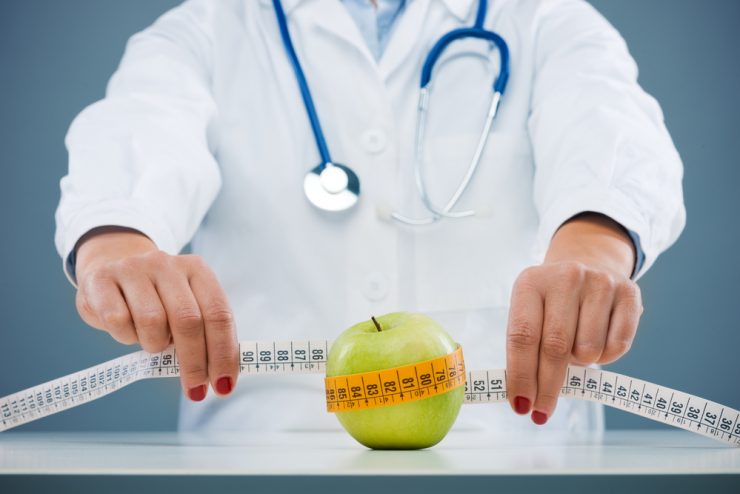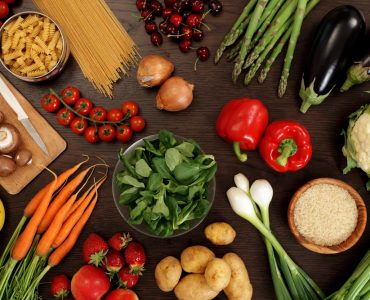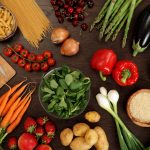Cholesterol is a lipid or fat that is necessary for the body to function properly. High levels of cholesterol, however, increases the risk of heart attack and stroke. A proper diet is important for reducing high cholesterol, as well as preventing the problem in the first place.
The goal when lowering high cholesterol is to reduce the level of low density lipoprotein or LDL, the “bad” cholesterol. The best way to do this with diet is to reduce the intake of saturated fats. Fats in the diet should be unsaturated, particularly low fat mono- or poly-unsaturated spreads as well as vegetable, olive, and sunflower oils. Foods that are high in unsaturated fats are avocados, nuts, seeds, and oil fish. The diet should be low in animal-fat content.
Also important in a diet for high cholesterol are lean meats, carbohydrates (wholegrain bread, pasta, rice, potatoes), and a variety of fruits and vegetables each day. Lean meats include chicken and oil fish, like sardines and mackerel.
Triglycerides are another fatty substance in the blood that can cause problems if elevated. For people with high levels of triglycerides, it is necessary to reduce or avoid sugary foods and alcohol, as well as make the other dietary changes mentioned here.
A supplement that is helpful to people with high cholesterol is niacin. Niacin is a B vitamin that has been found to lower LDL cholesterol and raise high density lipoprotein or HDL, the “good” cholesterol, in the body. While found in different foods, Niacin also may be taken as a supplement.











